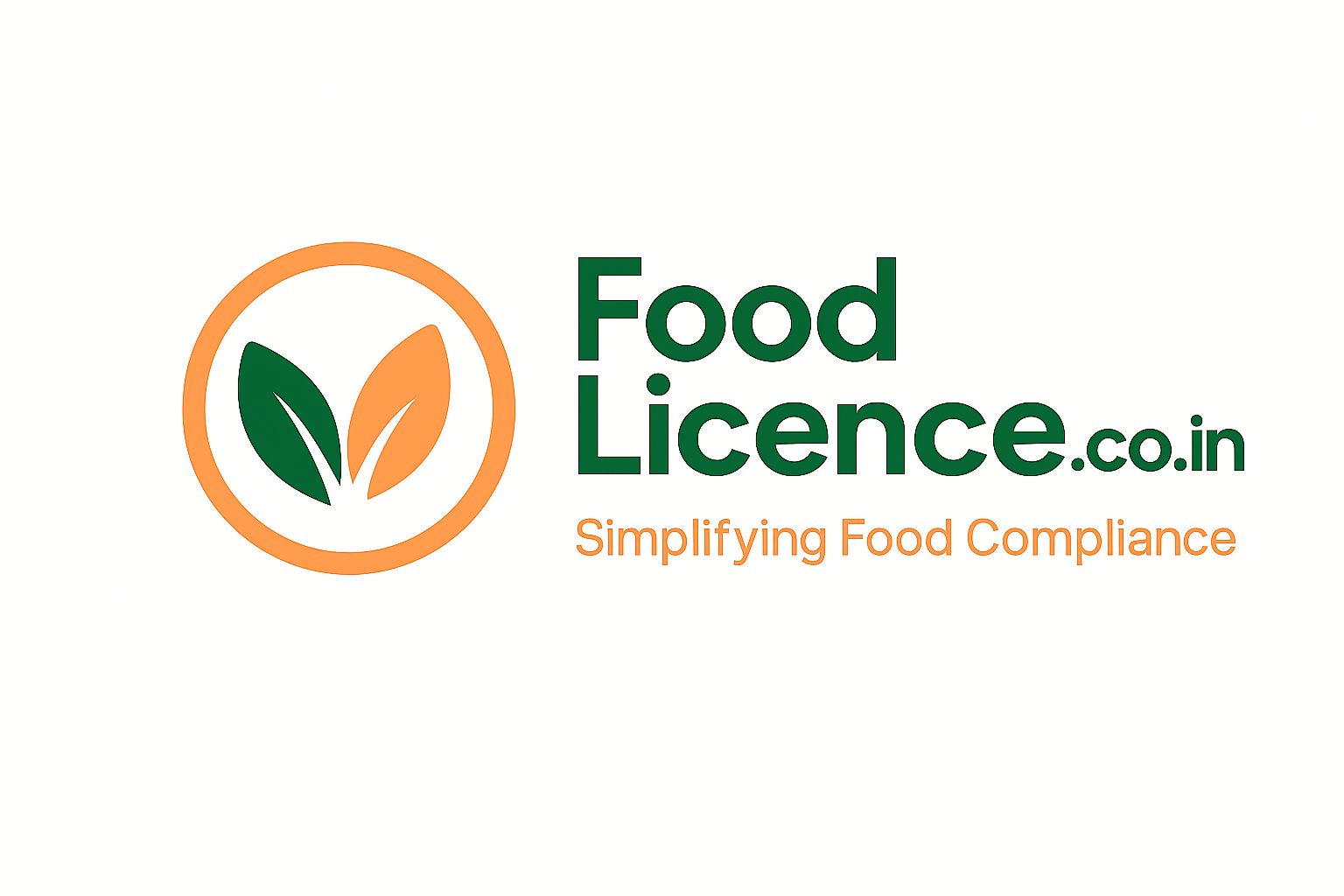
The law has made the registration of food establishments with the FSSAI mandatory, which forces all Food business operators to comply with these requirements. The Food Standards and Safety Authority of India (FSSAI) is the supreme power responsible for regulating and supervising food safety. Registering with the FSSAI requires one of three licences, that vary based on the establishment, the scale of their growth, and their turnover.
Basic Licence Registration
Small businesses or startups with an annual turnover below Rs. 12 lakhs can apply for a basic
FSSAI Food safety registration. As operations scale up and their turnover reaches Rs. 12 lakh or
more, they will need to upgrade to a State license. FSSAI Food safety Registration is mandatory
for anyone who intends to do food business. The licence is not only applicable to establishments
involved in cooking food but also everyone who handles food at various stages of the process
before it ultimately reaches customers. These could be the acquiring, gathering or processing of
raw materials, manufacture, processing, mess, canteen packing and the distribution as well as the
agencies who have authority to sell them.
State FSSAI License Registration
Under the State FSSAI registration, businesses having annual turnover between Rs. 12 lakhs to
20 crores can apply for FSSAI state license. Food business operators like small to medium-sized
manufacturers, storage units, transporters, retailers, restaurant marketers, distributors etc. are
however required to obtain the FSSAI State License Registration.
Central FSSAI License Registration
Businesses having annual turnover above 20 crores can apply for FSSAI central license. Eligible
Food Business Operators like importers, manufacturers, operators in Central Government,
railways, airports, seaports, etc. need to take a Central FSSAI license from Food Standards and
Safety Authority of India. Additionally, companies with branches in multiple states of the country
would also fall within this bracket.
When the FSSAI initially started this system of standardisations, they did it with the primary intention of protecting people consuming food from these companies. All companies had to maintain a series of standards to prevent adulteration or using sub-par products. However, over time, with the Government making it mandatory for companies to go through the registration process, they had Food Business Operators who were registering and undergoing the application process.
However, this started turning into an issue with states that had a large population and not enough people to conduct all the inspections. There were some states where people in this industry were taking advantage of the system and not handling it properly. Many establishments did not apply for the licence or conduct the tests, and since those states were so vast, there weren’t enough inspectors to properly handle and penalise them. There were some positives with Food regulators noticing improvements in the food safety in states such as Uttar Pradesh, Gujarat, Kerala, Madhya Pradesh, Punjab, Tamil Nadu, Bihar, Jammu & Kashmir, Delhi and Chandigarh.